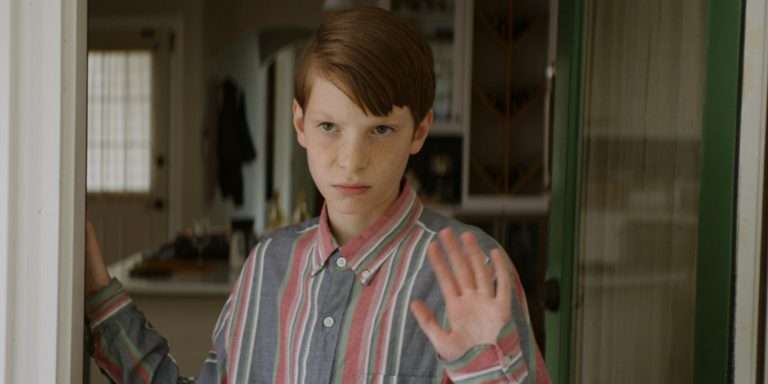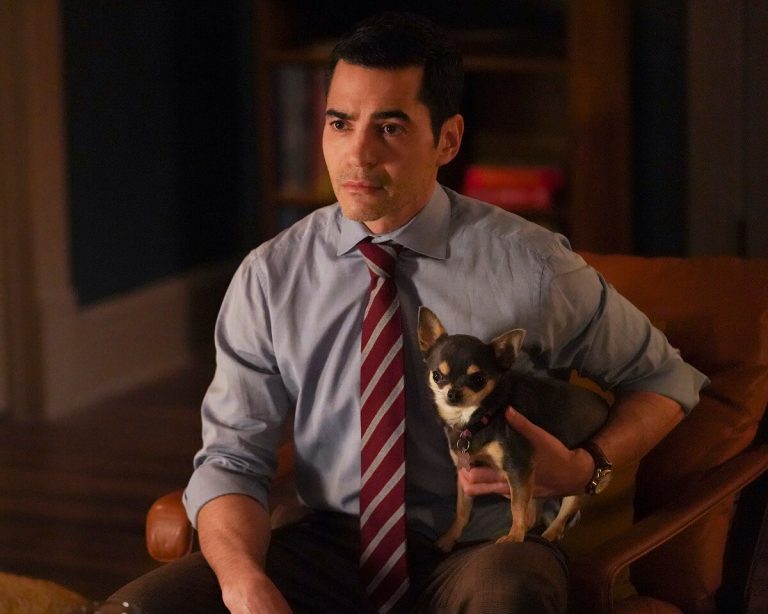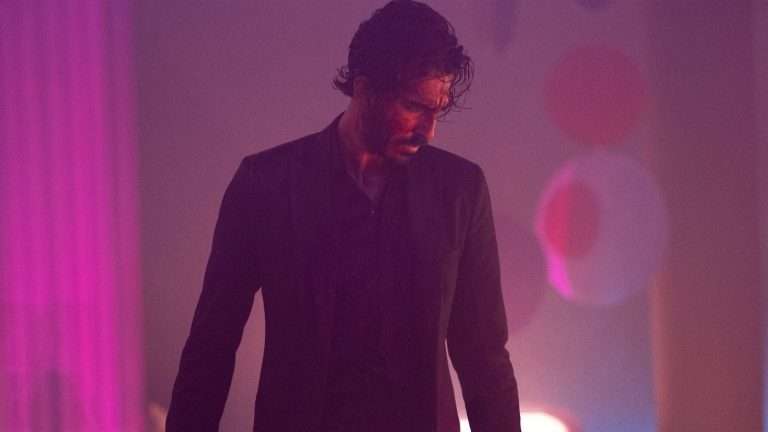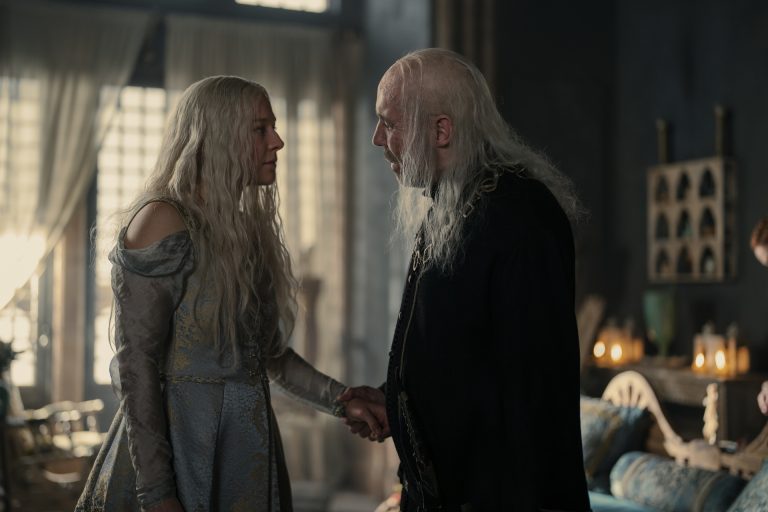Michael Mann’s “Thief” (1981) reminded me of something that Danny Boyle said during his time in the Criterion Collection’s closet. He picked up the Coen brothers‘ debut feature while speaking about his father, who still compares all his films to his feature debut, “Shallow Grave.” That’s because he thinks it’s his son’s finest work, even if it’s his first.
There might be some truth to Mr. Boyle’s theory, which is why “Thief” feels like a blueprint for everything Mann has worked on. Not that he hasn’t made anything great otherwise, but there’s something to his first film that you can’t help but fall in love with, especially if you can’t get enough of his cinematic style.
It’s here when you first hear the synth-heavy electronic music in the fuzzy, neon-lit streets. You also hear the endless city noise in almost every frame, even if it’s somewhere in the distance. There’s a certain poetry to how Mann captures these cities, and how he blends the raw, unfiltered appeal of 1970s Hollywood with his own sensibilities.
So, whether it is his finest or not, it is undoubtedly one of his boldest and most energetic works. The film follows a criminal seeking redemption, but includes contemplative moments in which he confronts what he has become. Does he find salvation, as he always wanted, or does he die in the end? What does that tell us about his fate? Let’s discuss.
Spoilers Ahead
Thief (1981) Plot Summary & Movie Synopsis:
What happens in ‘Thief’?
“Thief” is about Frank, a hardened criminal, who must find a way out of a crisis that can jeopardize everything he has worked toward since getting out of prison. The film follows Frank (James Caan), a man who makes a living by stealing for his clients. He finds a way to hide those things from the world. That’s why he owns a bar and a car dealership — as a front for his crimes.
Yet, that doesn’t work with Jessie (Tuesday Weld), a woman he loves more than anything else in the world. He wants to marry her and start a family, but she is reluctant. It reaches a point where he gets honest about what he does and how he manages to own all these businesses. Before he reaches that stage, he faces a professional crisis after stealing diamonds with his close friend, Barry (Jim Belushi).
Together, they break into an otherwise impenetrable locker to pocket them. Frank hands them over to his fence, Joe Gags (Hal Frank), and receives a quote. He returns to his life, thinking everything will go as smoothly as it has always done. That doesn’t happen. Gags dies at the hands of his employer, Attaglia (Tom Signorelli), who also collects the stolen diamonds.
So, Frank doesn’t get his share. That’s why he shows up at Attaglia’s business and confronts him. It doesn’t go as he expected. Still, it leads him to meet Attaglia’s boss, Leo (Robert Prosky) — the man pulling the strings. Frank expects to get paid for his labor. Leo doesn’t offer him any money. Instead, he makes a proposition for Frank to work for him.
Why does Frank accept Leo’s offer?

Until then, Frank had been self-employed. He could take only the jobs he wanted to and didn’t need to answer anyone. That’s why he initially refuses Leo’s offer. He agrees only if it’s a one-and-done deal, and if he needs to steal relatively low-risk items such as diamonds or cash. Frank agrees, and they get a deal.
As it happens, he speaks with Jessie about his plans for a future with her. He tells her about his time in prison and how he was put in there for a misdemeanor. One thing led to another, and he ended up spending over a decade inside those walls. That’s where he crossed paths with inmates who were planning to torture him.
Frank briefly escaped their sexual abuse by getting hospitalized. It left him battered and bruised, but it also toughened him to face the world at large. He knows he can care for Jessie no matter what comes their way. He also knows that there’s nothing else going on in her life. She works as a receptionist and doesn’t have any prospects. He has a hunch that she is as lonely as he is, but hasn’t found anyone she can settle down with.
So, he asks her to be with him and live a happy life. He agrees to leave his life of crime after one last gig. Finally, he manages to wear her down. After moving in with him, she tries their luck at an adoption agency to have a child. However, with Frank’s criminal record, it’s nearly impossible to gain their trust.
That’s when Leo comes to Frank’s rescue. He offers a child for adoption. Later, he also takes care of the cops on the lookout for him. Overall, he gains Frank’s trust by making him feel like he is in charge of the situation. However, it all changes once Frank gets the burn job done. He steals diamonds for Leo and goes away until Leo takes care of them. When he returns, he faces an existential crisis.
Thief (1981) Movie Ending Explained:
Does Frank die in the end?
Frank returns to Chicago to collect his cash, but Leo shorts him. He says that he has put the rest of Frank’s money in a business that he owns. He also reminds Frank of all his other favors, including the child he adopted. Frank doesn’t care for any of that. He feels betrayed by Leo, who doesn’t respect the agreed-upon terms of their deal.
So, he asks Leo to come up with the rest of his share within 24 hours. In a few hours, he finds Barry shot to death at his car dealership. Leo doesn’t stop there. He threatens to destroy everything that Frank holds dear, whether it’s his house, his wife, or their child. He leaves Frank with no choice but to bow down.
Frank isn’t one to take a beating, but he feels helpless. He knows he can’t keep his family safe anymore. So, he impulsively tells Jessie to leave immediately with their child to a place where they can live peacefully. He offers her enough money to sustain herself for a while. She reluctantly flees with one of Frank’s associates. It doesn’t mean Frank can keep living as he did without her. He can’t be tied to his material assets anymore. So, he burns everything that belongs to him: his house and his businesses. The next thing he wants is to seek revenge against Leo and his cronies.
What is Frank’s ultimate fate?
At the end of “Thief,” Frank shows up at Leo’s house, beats Attaglia in the kitchen, and kills Leo. He walks out of the house to be ambushed by Attaglia and Leo’s security, who shoot him in the chest. Frank survives the wound, thanks to a bulletproof vest, and kills every one of them. He walks away with a wound. In the end, it might feel like he won the battle, but it doesn’t mean it’s a victory at large. He can’t be free anymore. Either he keeps living in the shadows and helping Jessie from a distance, or he returns to his criminal roots and finds a way to survive. No matter what, it shows how there’s no escape from this life once you get into it.
Earlier, Leo wanted to trap Frank in this life so that he could keep using Frank’s skills while reaping the benefits of his labor. That won’t be the case anymore. However, Frank may always be a thief, no matter how hard he tries to outgrow that identity. It’s the only way he might survive. If not, it will dictate the kind of life he will lead in his future.
Thief (1981) Movie Themes Analysed:
Loneliness and Urban Alienation

‘Thief’ takes its sweet time following the painstaking procedure involved in Frank doing his job. That has always been a recurring theme in Michael Mann’s films about criminals. He lets you in on their expertise in their jobs and presents it with striking attention to detail and naturalism.
Even while acknowledging the moral ambiguity of the narrative, Mann doesn’t portray these criminals as schmucks. That’s partially what makes it so difficult for these criminals to leave the profession. They are just so skilled in this one thing that people wouldn’t want that to go to waste. Either that or they will get drawn to this life, either for its thrill or to seek a sense of purpose.
Mann’s script also highlights Frank’s inner life, which often contradicts his professional one. Frank is lonely and miserable, but he doesn’t let anyone get a hint of that, except for the woman he wants to be with. Their mutual loneliness is what compels them to want to be together.
However, there’s another kind of brooding isolation he feels, which stems from spending years and years in prison. It detaches him from the ways of the world and keeps him socially paralyzed. So, his proposal also sounds like the kind she cannot refuse. He sounds intimidating, even if he’s being vulnerable. Somewhere inside, he truly sees a ‘normal’ future with her, and is determined to build a life to end his loneliness, and hers as well.
Law and Criminality
Frank is someone who lived most of his life within the system, which is why he openly disregards it. It didn’t offer him any stability or a sense of security during his upbringing, nor did it help him from the painful torture inside the prison.
Even in the present, when the cops arrest him, they treat him as a subhuman. It makes him feel isolated and rejected, and resent them even more. It’s like they meticulously built his disdain toward them, allowing him no chance to lead a respectable life. It made him comfortable living in the shadows, doing what he could do best to make ends meet. It’s the only way of life he must have known by then. Besides, it made him feel at least some dignity.
Mann paints Frank as a product of this system that didn’t know what to do with him. That’s probably why they put him in prison for a misdemeanor. In there, he may not have found a better way to lead a life, which pulled him back into its mess, leading to a longer prison time. It made him lose trust in the authorities, who had looked down upon him since his birth. That also explains his outburst at the government office when he gets rejected as an adoptive parent.
He immediately asks for a child that no one else wants because he felt the pain of being unwanted throughout his growing years. Despite his outward aggression, it reveals his softer side. After all, he only wants to provide a home to someone who might be going through what he did. On the flipside, criminality doesn’t provide him with salvation either. Instead, it leads him deeper into a mess with no way out. He may have sought revenge, but his journey doesn’t end there. His choices will haunt him for the rest of his life.





![No Fathers in Kashmir [2019]: ‘HFF’ Review – An Outsider’s perspective that imperfectly tells the story of Kashmir](https://79468c92.delivery.rocketcdn.me/wp-content/uploads/2019/05/No-Fathers-In-Kashmir1-768x419.jpg)


